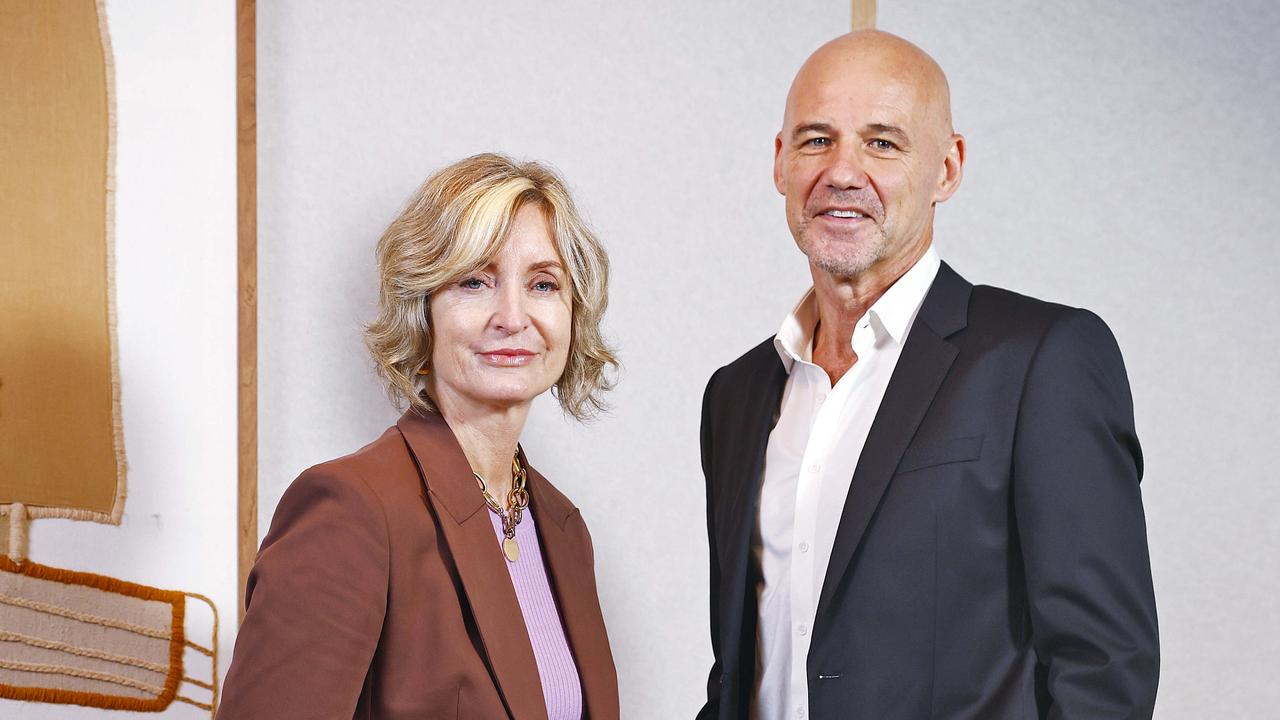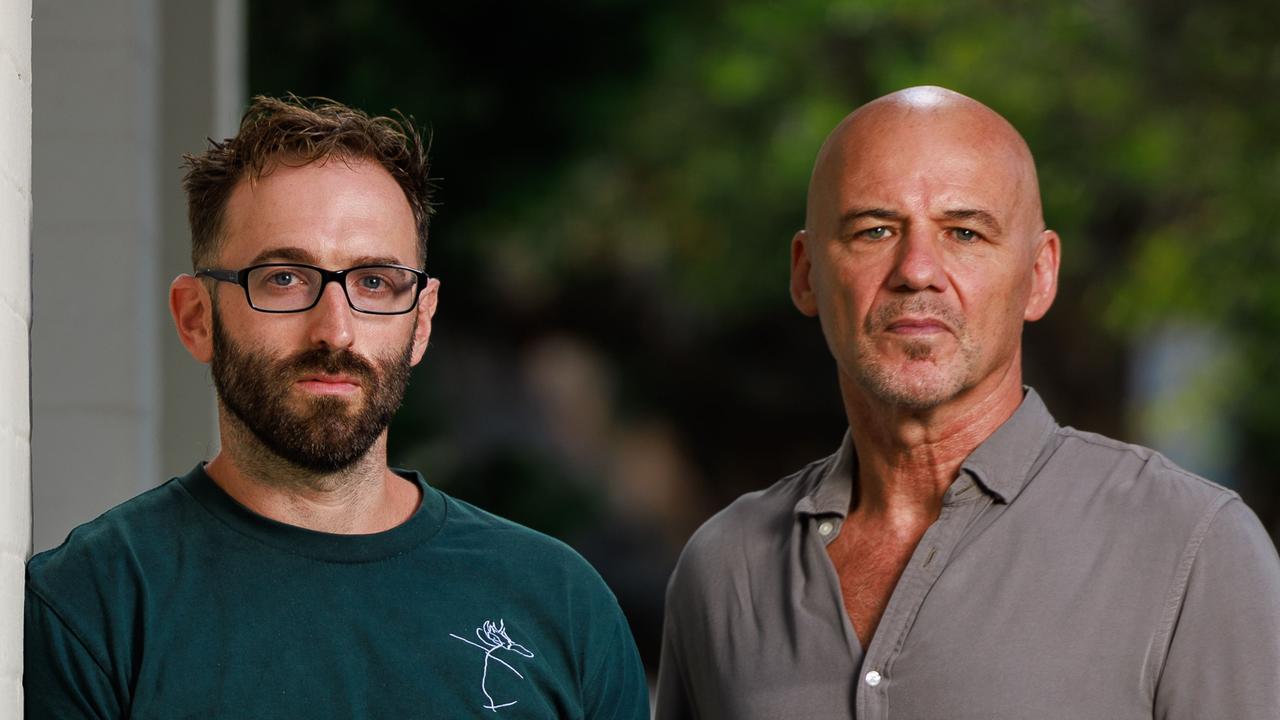I Catch Killers: Bowraville families open up to Gary Jubelin on their heartache
It is the case that has left a community heartbroken and changed the life of Gary Jubelin. Now the families open up to the former top cop in an exclusive, emotional podcast special.
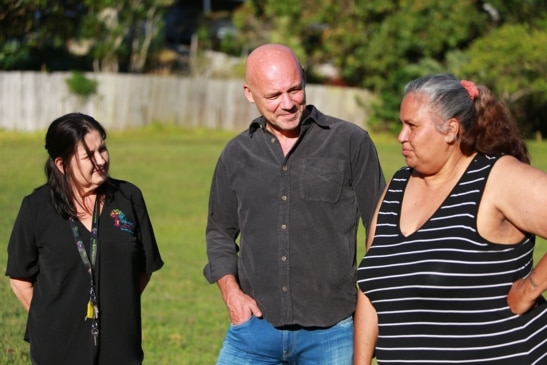
I Catch Killers
Don't miss out on the headlines from I Catch Killers. Followed categories will be added to My News.
Walking out of the NSW Police Academy as a young naive white fella, I never imagined how much I would change. But here I was, barefoot, standing in the rain under a large tree on the mid north coast of NSW.
An old fella was calmly talking to me while we walked slowly around the tree. We talked about life, suffering and the murder of three Aboriginal children.
That was in 2014. The next day I was giving evidence at the NSW Parliamentary Inquiry into the Bowraville murders.
After about an hour, the old fella gave me permission to take something from the land. I picked up a stick, a bit smaller than a cricket stump and held it in my hand.
Don’t miss Gary Jubelin’s interview with the families of the murdered Bowraville children – Colleen Walker, Evelyn Greenup and Clinton Speedy – in a heartbreaking episode of I Catch Killers. Listen below.
Part 1: Three murders, no justice
Part 2: Fight will never end for Bowraville families
The old fella looked at me with a quizzical expression, asking me why I chose a stick. I responded in a tone that broke the calmness of the moment: “So I can hit the f … ers over the head with it, they need to listen to what has happened to those children and how the families had suffered.”
A smile came to the old fella’s face and he said: “That’s exactly what we were hoping for, you need to fight for our people. We need you to be strong, we need you to draw energy from the land.”
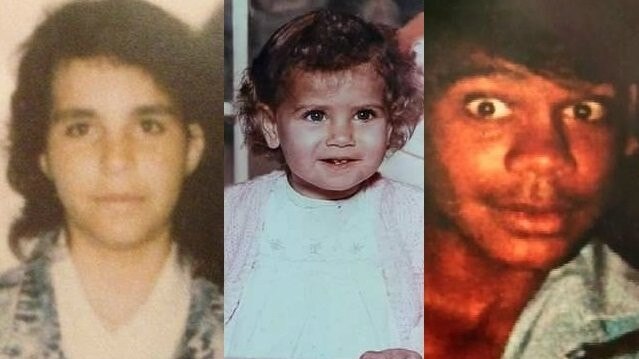
That meeting had been arranged by Elaine Walker; most people knew her as Aunty Elaine. She was a relative of the murdered children and a respected elder of the Bowraville Aboriginal community. She didn’t ask me to attend, she told me I had to.
I explained I didn’t have time, because I had to prepare for the Parliamentary Inquiry. Having run the reinvestigation for 20 years there was a lot to get my head around. Aunty Elaine dismissed my objections and simply said it was important. I wasn’t going to disobey Aunty Elaine.
After the meeting with the old fella, I got back to a more traditional police role, preparing to give evidence. I don’t recall sleeping at all that night. I spent the night going over all my records and preparing what I wanted to say. The Parliamentary Committee had informed me I would be the first witness and they invited me to do an opening address.
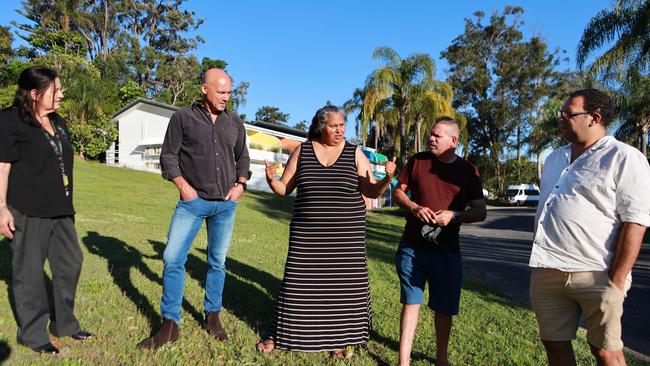
Reading from prepared notes was not going to cut it, this needed to come from the heart and I needed answers to any questions the Parliamentary Committee may ask me.
I arrived at the Macksville Council Building, where a large crowd of mainly Aboriginal people gathered. These were the families of the three murdered children — Colleen Walker, Evelyn Greenup and Clinton Speedy — who I had got to know so well. I can’t let them down; they had asked me to speak for them.
Uncle Martin an Aboriginal elder was conducting a smoking ceremony which bought home the significance of what was about to take place.
Elaine Walker — Aunty Elaine, a relative of the murdered children and a respected Bowraville Aboriginal community elder — gave me a big hug and I told her she was right when she’d told me, despite my objections that I was too busy, to see the old fella the day before.
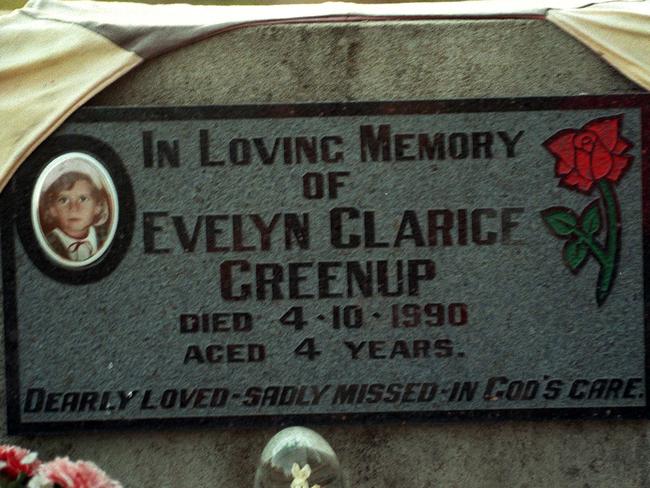
It gave me strength I needed, as did the support of my colleagues Jason Evers, Jerry Bowden and Bianca Comina who had fought beside me to get justice for the murdered children.
My evidence was not going to make me popular within my own organisation or with the judicial system because I was going to suggest things could have been done differently.
Everyone shared varying degrees of complicity in allowing a serial killer to operate virtually unimpeded in a small country town.
Then adding to the victims’ family’s trauma, the authorities did not pursue the suspect with the same vigour which would have been unleashed if the victims were three white children from a well-to-do, affluent community.
Taking a deep breath I started giving my evidence from the heart.
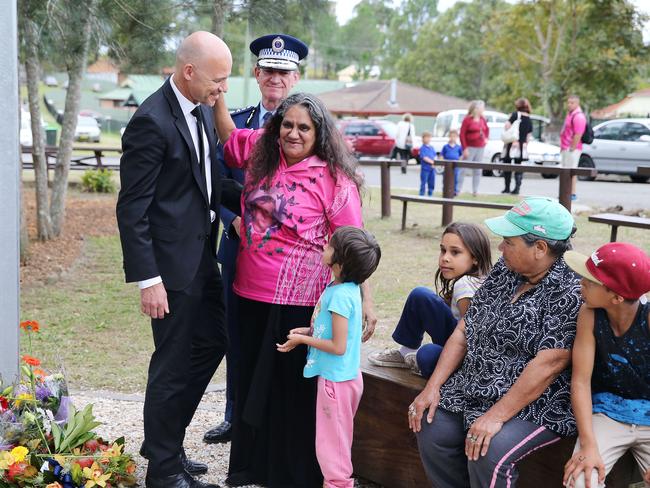
My address included these words:
“Having worked on this matter since 1996 I feel that I am well placed to say that the families have been let down by the justice system.
“Given the situation that the families found themselves in it would be reasonable for them to assume that the authorities would provide a suitable response to a serial killer preying on the community — as any community would.
“Unfortunately, that was not provided. Issues have impacted on this investigation.
“It is very nice for society to say that all victims are treated equally. Unfortunately, in this situation I do not think that is entirely correct.
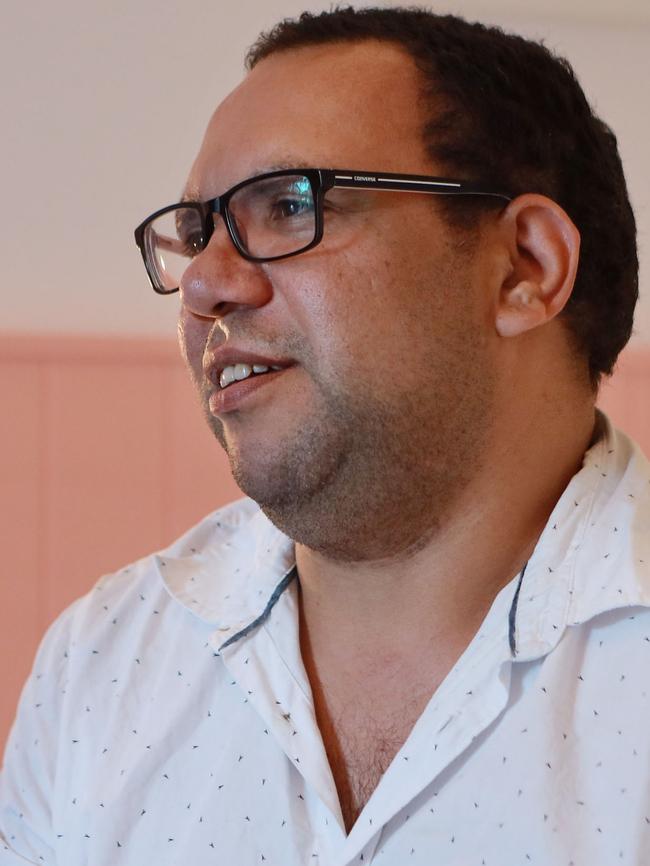
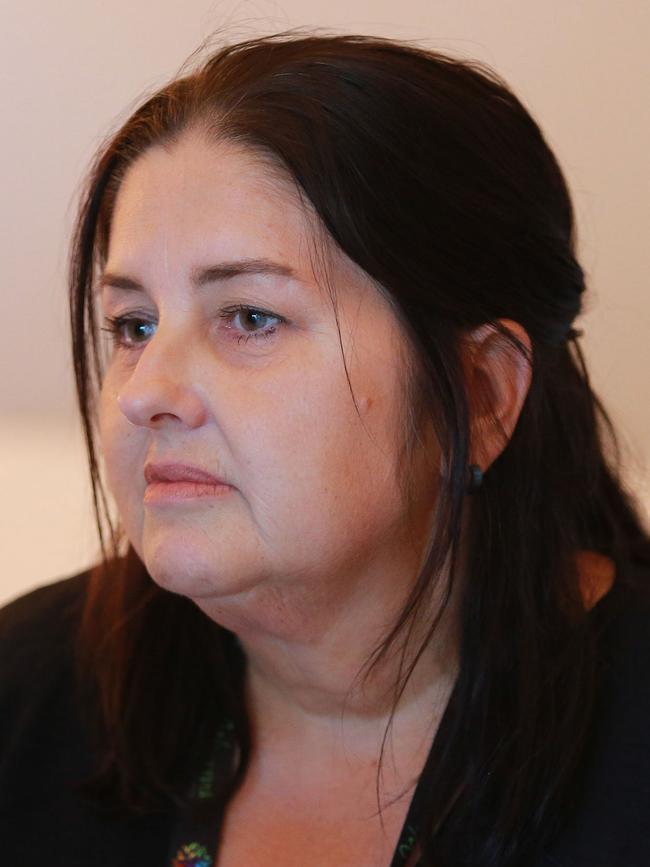
“I am a homicide Detective; I am not a do-gooder or a bleeding heart.
“However, race and to a lesser degree socio-economic factors have impacted on the manner in which these matters have been investigated.
I have been investigating crimes for 20 years and I am still shocked by the lack of interest that has been shown in this matter. I do not say that lightly;
“I have been investigating homicides for 20 years. We have a serial killer and three children were murdered.
“It has been heartbreaking to see the families’ suffering.
“The only time they seem to get things happening is when they attract the media’s attention or when they publicly protest. That is very unfortunate.
“The families know the reason. The families told me the reason when I first met them in 1997. They said, “It’s because we’re Aboriginal.” At the time when I met the families I did not believe them.
“Unfortunately, the truth of the matter is, having worked with the families now for the past 18 years, I think they identified the problem. That is very unfortunate.”
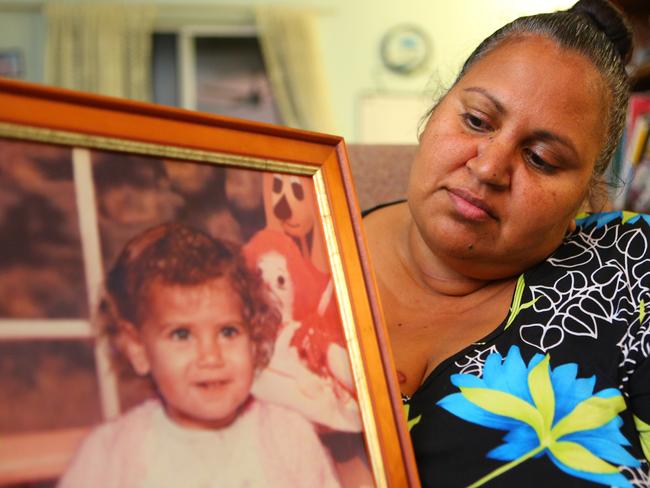
I got out of the witness box, drained but content in the knowledge I had stood up for the families as best I could. However, although I had become extremely close to the families, I was conscious I could never speak fully on their behalf, because I am talking through a white man’s eyes, I don’t know what it’s like to be discriminated against because of the colour of my skin.
The only people who can properly articulate what the families have gone through are the families themselves. That’s exactly what they did over the next couple of days. Family members gave evidence before the committee telling of their pain and suffering. Most telling in their evidence was the fact no one seemed to care about the murder of their children. These stories bought all members of the Parliamentary Committee to tears.
It was truly extraordinary what happened in that hearing room, but not surprising. If you take the time to listen to what happened to the Bowraville families in their own words, it is going to have an impact on you and hopefully open your eyes.

Personally, the families taught me how you can be racist without even realising it, we all have unconscious biases and that feeds racism. It’s not in your face racism but it can still have the same impact.
On the surface the police response to the Bowraville murders was appropriate, but in reality, it was manifestly inadequate. They are strong words, but it needs to be when talking about children being murdered.
One of the proudest moments I had in my policing career, was in 2017 when NSW Police Commissioner Mr Andrew Scipione attended Bowraville and during a wreath laying ceremony apologised to families, acknowledging the families were let down by the initial investigation.
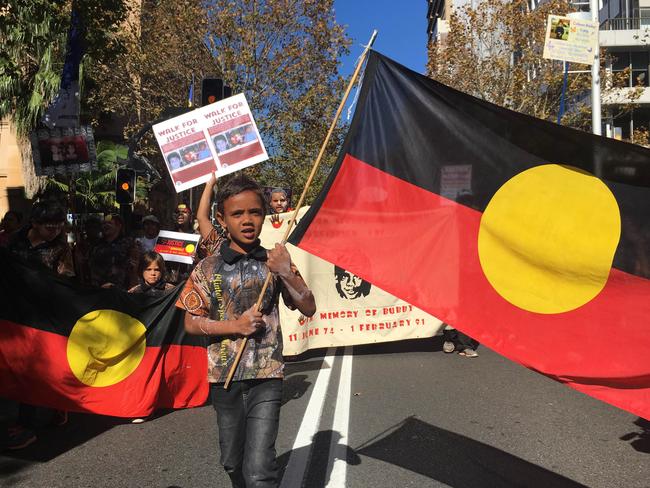
At last, I felt my organisation had heard what the families had been saying.
Hear the families tell their story in a deeply personal episode of I Catch Killers where I sit down and speak to family members of the murdered children. Colleen’s brother Lucas Walker, Evelyn’s aunty Michelle Jarrett and Clinton’s sister-in-law Leonie Wilsmhurst talk to me about how a serial killer targeted their children and what it has been like fighting for justice against overwhelming odds and a system that let them down, because of who they were and the colour of their skin.
WANT MORE GARY JUBELIN? Join the I Catch Killers group on our dedicated Facebook page
Originally published as I Catch Killers: Bowraville families open up to Gary Jubelin on their heartache

